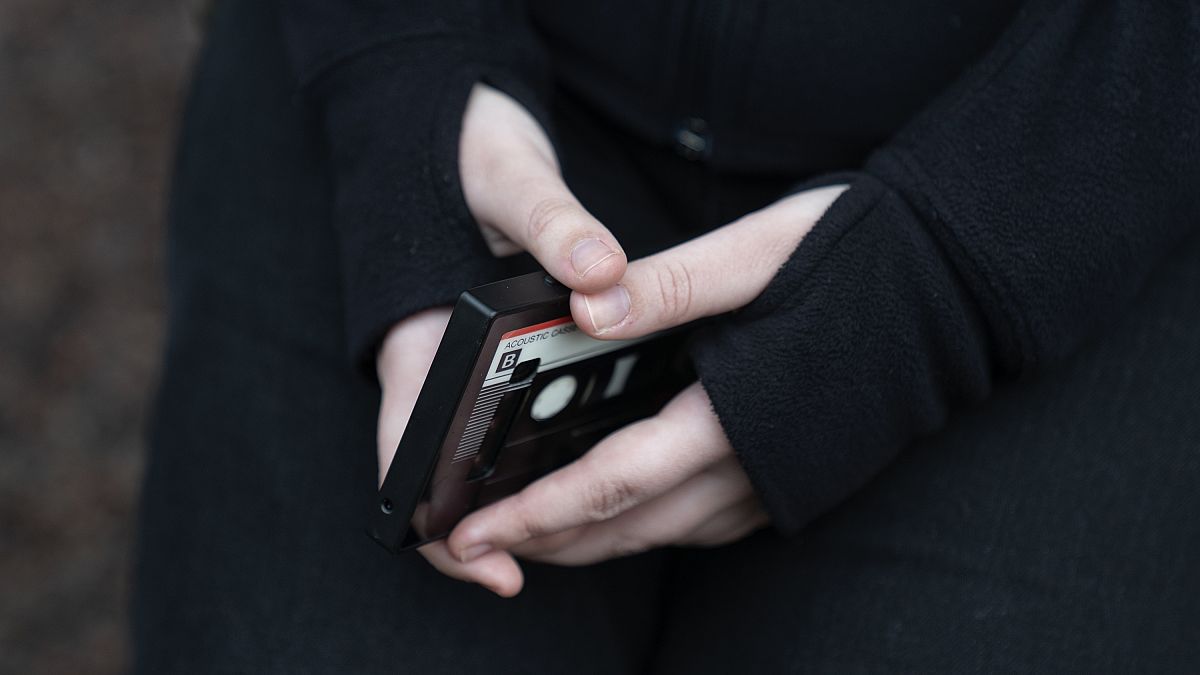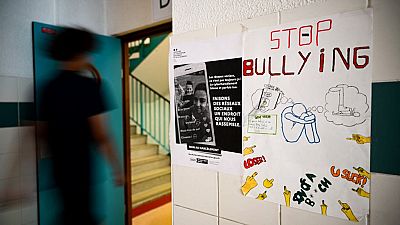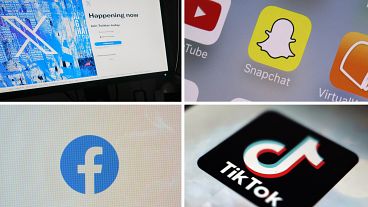Social media was supposed to help us connect and to inspire us. But the internet is broken, says Pinterest, so “let’s fix it”.
Pinterest has announced it will sign a call to action for technology companies to make the Internet a safer and healthier place, especially for young people.
The Inspired Internet Pledge, created by the Digital Wellness Lab at the Boston Children's Hospital, provides a framework for companies to take “meaningful, measurable actions to support positive mental and emotional well-being outcomes both on and offline".
The pledge was conceived in collaboration with Pinterest, an image-sharing and social media app, and comes as teenagers experience a mental health crisis across borders.
According to the US Centres for Disease Control and Prevention (CDC), youth mental health continues to worsen.
“As we saw in the 10 years prior to the COVID-19 pandemic, mental health among students overall continues to worsen, with more than 40 per cent of high school students feeling so sad or hopeless that they could not engage in their regular activities for at least two weeks during the previous year—a possible indication of the experience of depressive symptoms," reads the CDC's 10-year trend Youth Risk Behaviour Survey Report.
The report also found that in 2021, 16 per cent of high school students were electronically bullied through social media websites.
Indeed, studies show that excessive passive engagement in social media, such as mindlessly scrolling through posts, has been associated with detrimental outcomes, including feelings of envy and reduced life satisfaction.
Research studies have also indicated a potential connection between social media use and the development of ADHD symptoms, depression, anxiety, and sleep deprivation.
“I assure you that this mental health crisis is very real and it's a global phenomenon, solving it is a global necessity,” said Dr Michael Rich, founder and director of the Digital Wellness Lab at Boston Children’s Hospital, adding that youth mental health “is not a competition, it's a mandate.”
"People, especially teens, are actually scrolling as far as they're walking every day. That's about a mile a day [1.6 km]," said Bill Ready, CEO at Pinterest, as the company announced the pledge at Cannes Lions, a global event for the creative communications and advertising industry.
"The reason we chose this stage here to launch this pledge is the people and companies that fund the Internet are the ones who can fundamentally change it," he added.
Placing emotional well-being at the forefront of the industry
“By deliberately putting mental health and emotional well-being at the forefront of these efforts, the pledge guides participating companies to address the ongoing mental health crisis with accountability built in,” said Pinterest in a statement.
The actions stipulated in the pledge were designed by the Digital Wellness Lab, based on their rigorous research on the positive and negative effects of technology and interactive media on young people.
Signatories commit to three basic principles including tuning into well-being, listening to users’ problems, and committing to transparency.
Rich said that they are challenging social media companies “to share information on best practices, both what is helping kids' emotional wellness, but also worst practices where they feel that they failed”.
Each signatory will then create its own supplementary addendum - an additional document or attachment to the existing agreement - that is relevant to the realities of their platform. The addendums will be managed by the Digital Wellness Lab and made public to hold signatories accountable for their commitments.
“I’m incredibly proud that Pinterest is the first signatory and partner on this pledge," said Ready, the company’s CEO, in a statement.
"We’re inviting our peers and the industry to join us in this pledge to create more positive well-being outcomes for young people. We need to do this together. To build a better internet for our better selves, emotional well-being has to be a real, measurable result, and the standard for the entire industry".
Several “major social media companies,” including Meta, which owns Facebook and Instagram, are also allegedly looking at the pledge, a source close to Instagram told Euronews Next.
“The relationship between technology use and mental health is complex and nuanced,” said Rich.
This reality has created "a responsibility and an opportunity for tech companies to create a healthier internet that will help young people build a positive sense of self and a productive relationship with technology".
It is possible to have a safe Internet for future generations "but it has to be both designed by the tech industry, and users have to be educated and empowered to use it in ways that are healthier and smarter and kinder to each other," he added.
"Vote with your dollars and your euros, and demand better well-being outcomes through social media. This industry needs accountability," added Ready.



